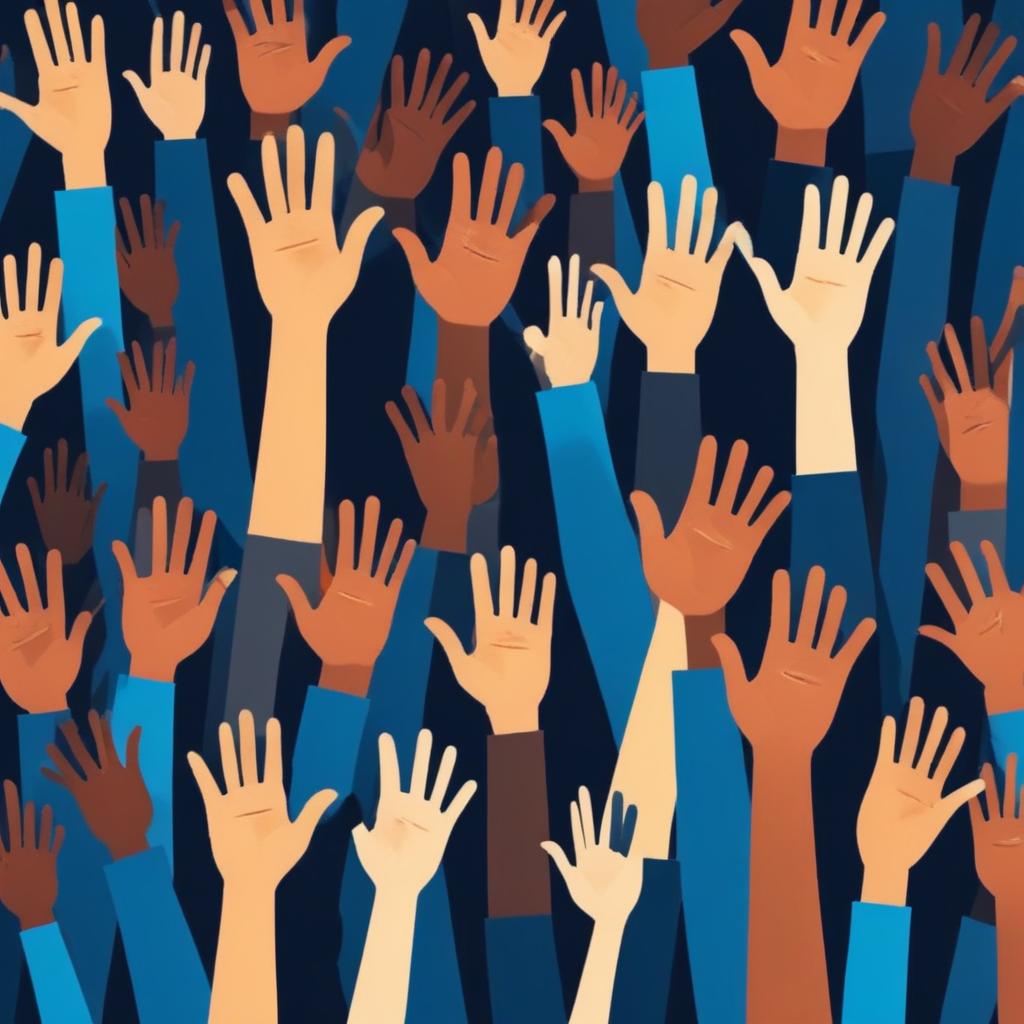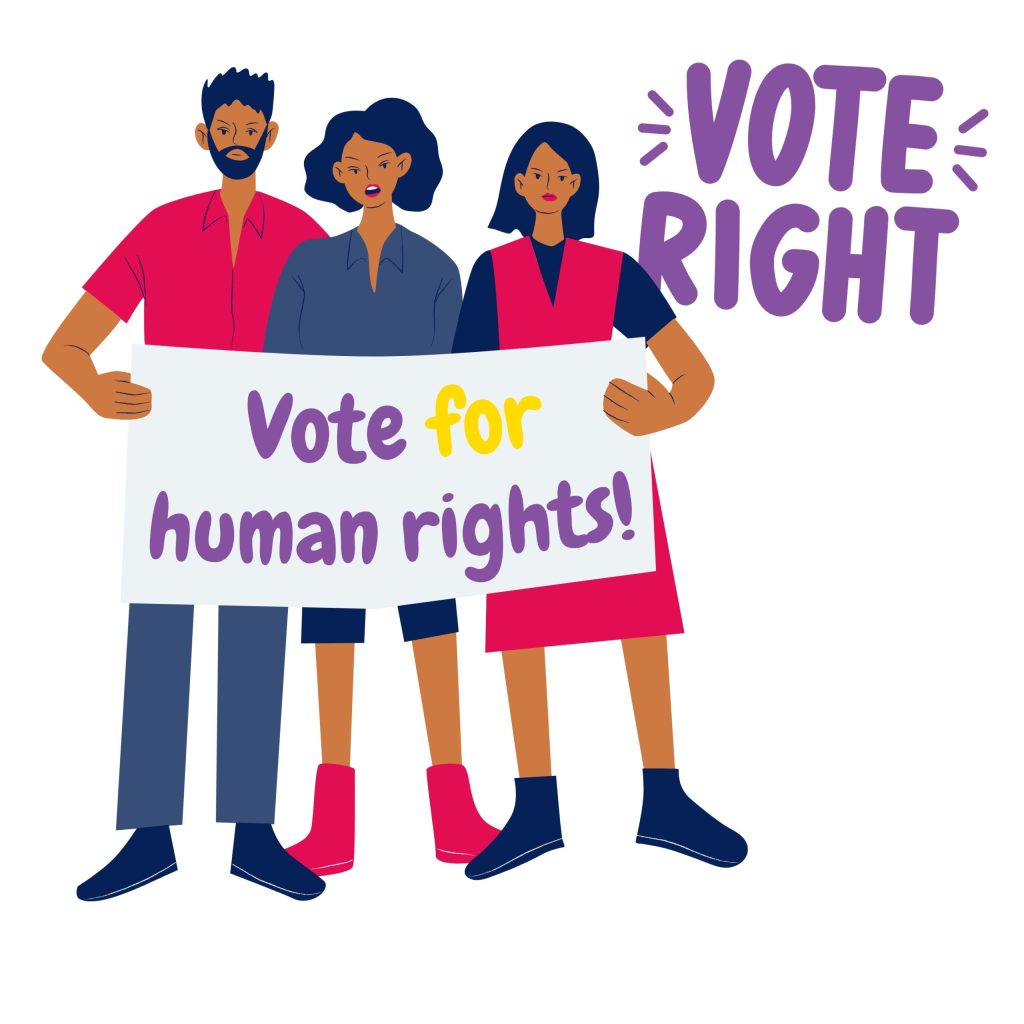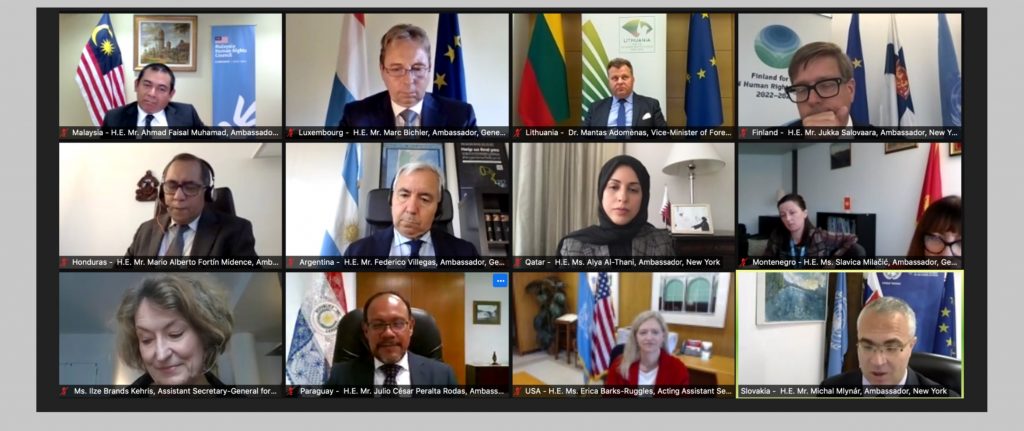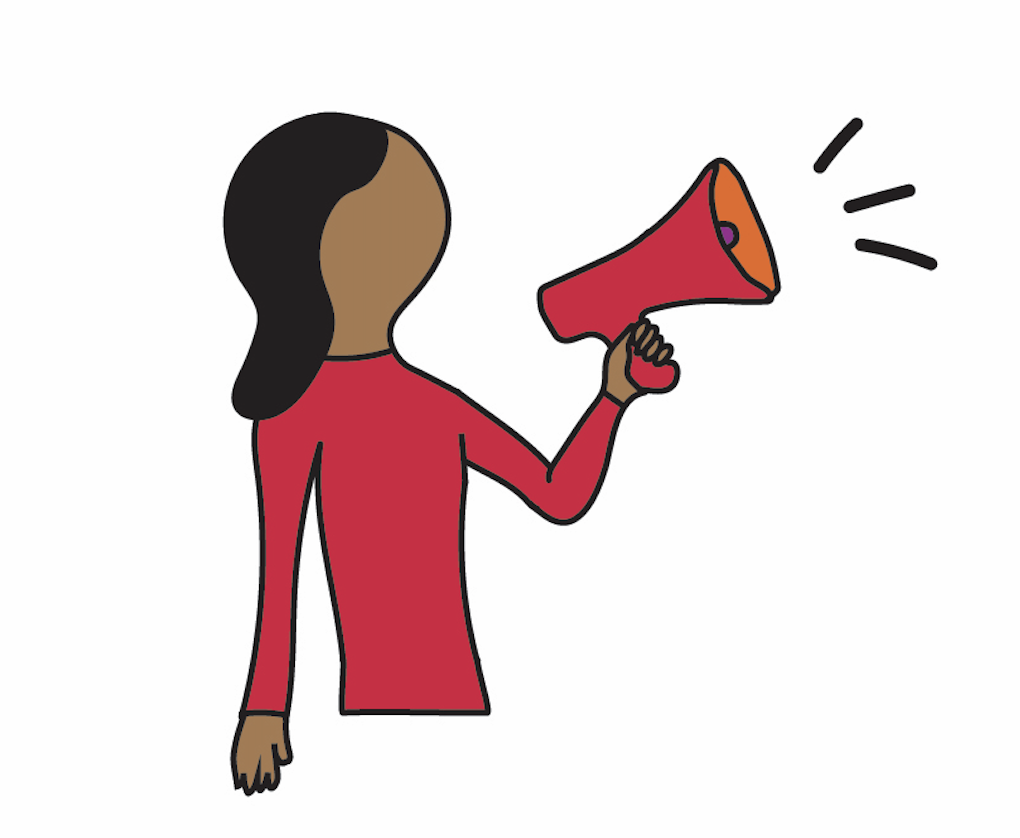For many victims and activists, the Human Rights Council is a vital platform for denouncing abuses of power and achieving progress in their countries. Its success depends on its membership and each Member State’s commitment to promoting and protecting human rights both at home and abroad. Each year, in October, all 193 UN Member States renew nearly one-third of the Human Rights Council seats. In 2025, 14 candidates will run for 14 seats. Therefore, the process is not competitive and can hardly be considered an election.
The election will happen on 14 October 2025 in New York and will be broadcasted through the UN Web TV. Follow the event live: https://webtv.un.org/en/asset/k17/k17a01fuh9
Update on 14 October: below is the final tally of votes of the 2025 election to the Human Rights Council:
- African States: Mauritius (181 votes), South Africa (178), Egypt (173) and Angola (179)
- Asia-Pacific States: Pakistan (178), Iraq (175), Vietnam (180), and India (177)
- Latin American and Caribbean States: Chile (173) and Ecuador (171)
- Western European and Other States: Italy (179) and the United Kingdom (161)
- Central and Eastern European States: Slovenia (176) and Estonia (171)
Who is running this year?
To date, these are the candidates [please note that the list of candidates is subject to change and will be updated as new information becomes available]:
- African States: Mauritius, South Africa, Egypt and Angola (4 candidates for 4 seats: closed list)
- Asia-Pacific States: Pakistan, Iraq, Vietnam, and India (4 candidates for 4 seats: closed list)
- Latin American and Caribbean States: Chile and Ecuador (2 candidates for 2 seats: closed list)
- Western European and Other States: Italy and the United Kingdom (2 candidates for 2 seats: closed list)
- Central and Eastern European States: Slovenia and Estonia (2 candidates for 2 seats: closed list)
No candidate has a perfect human rights record: all must improve.





